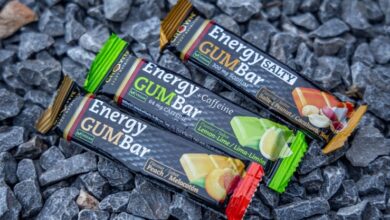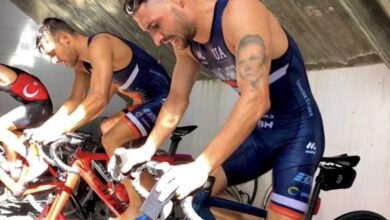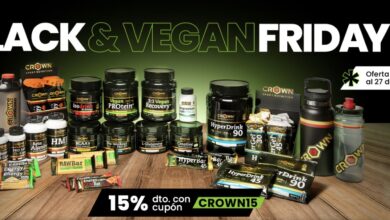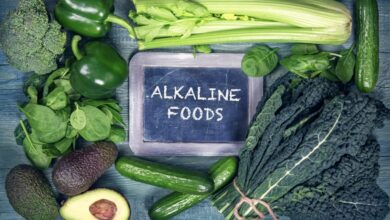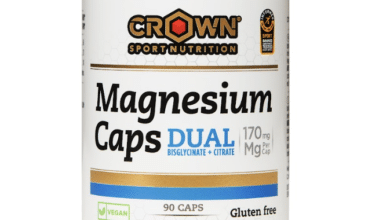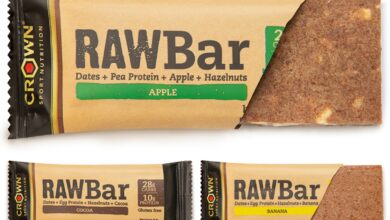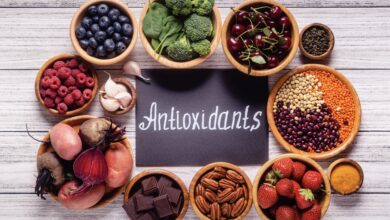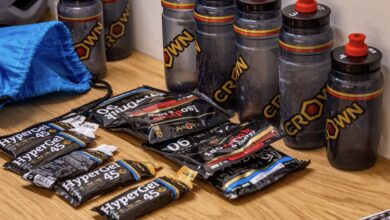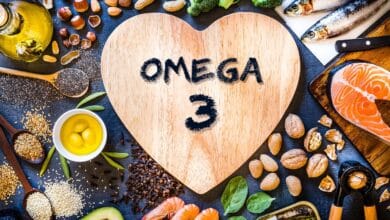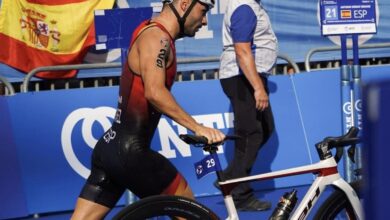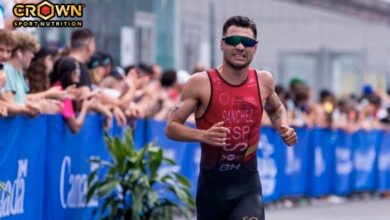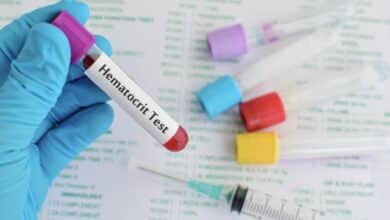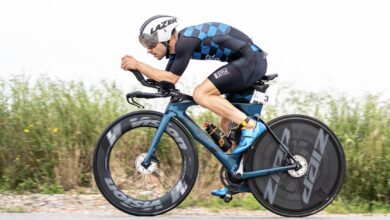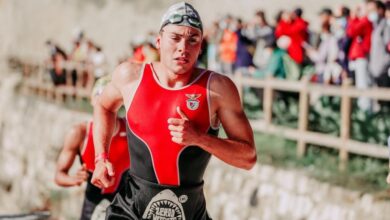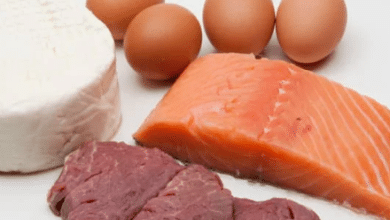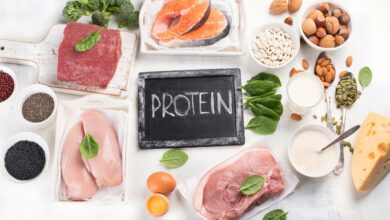Avoiding low energy availability in endurance sports

In endurance sports, nutrition plays a determining role in ensuring the well-being, long-term health and performance of athletes.
A low energy intake can not only compromise the ability to perform demanding training and perform in competition, but can also trigger a series of adverse consequences for both the physical and mental health of the athlete.
Our friends Crown Sport Nutrition They tell us what can happen and how to avoid it.
Low Energy Availability (LEA) and its Impact
Low energy availability (LEA) occurs when energy consumption is insufficient to support energy demands metabolism at rest, physical activity and tissue recovery and repair.
This situation can lead to energy deficiency syndrome on in sport (RED-S), negatively affecting multiple body systems and sports performance.
Specific Effects of LEA on Athlete Health
The effects of LEA on health are profound and varied, some of them are:
Reproductive Problems
- Women: Alterations in the menstrual cycle.
- Men: Reduction in semen quality.
Bone Health
- Decreased bone density.
- Increased risk of fractures.
Blood Composition
- Alterations that can compromise the transport of oxygen and nutrients.
Musculature
- Muscle problems that reduce training and recovery capacity.
Immune system
- Complications that increase the risk of infections.
Gastrointestinal Health
- Disorders that can affect the absorption of nutrients.
Neurology
- Impacts that can alter balance and coordination.
Psycho-emotional health
- Challenges including eating disorders and depression.
Impact of the LEA on Sports Performance
From a performance perspective, LEA can be particularly disruptive.
Can reduce training effectiveness, delay recovery, decrease the cognitive performance and concentration, negatively affect motivation and decrease muscle strength, power and endurance.
Nutritional Strategies to Counter LEA
To avoid LEA traps, it is essential to implement nutritional strategies focused on optimizing energy intake.
We tell you some of them.
Eat foods rich in carbohydrates before, during and after training to ensure rapid replenishment of muscle glycogen.
Avoid foods with high volume and low energy intake.
Include culinary preparations with soft textures and liquid preparations to facilitate the intake and absorption of nutrients.
Use energy-dense snacks, such as nuts y energy bars, especially in periods of high training load.
The Role of Nutrition in the Prevention of LEA
Adequate nutritional planning It is essential to prevent LEA, ensuring that athletes consume enough energy to support their needs.
It's crucial consult with a sports nutritionist to develop a personalized nutrition plan that considers the specific demands of training, competition and recovery.
Proper nutrition is an essential pillar for optimal performance and also for the long-term health of athletes.
Featured Products Crown Sport Nutrition
To complement nutritional strategies and ensure optimal energy intake, it is essential to have high-quality products that adapt to the specific needs of each athlete.
Crown Sport Nutrition stands out in this area with a range of products designed to improve sports performance and facilitate recovery:
Energy GUM Bar
This innovative gummy energy bar includes electrolytes, available both with and without caffeine for extra energy, ideal for those who prefer to avoid stimulants.
Energy Bars (Energy Bar)
Composed of the highest quality oats, these energy bars offer a premium composition that provides the energy necessary to excel in training and competitions, being an excellent and convenient source of nutrition.
Hyper Gel 45
An energy gel with 45 g of carbohydrates, based on a ratio of 1:0,8 maltodextrin:fructose and extra sodium (165 mg), available in both a caffeinated version (80 mg) for those looking for that extra boost, as without caffeine, adapting to the preferences of each athlete.
Isotonic Drink (Isodrink & Energy)
This premium isotonic drink combines carbohydrates, salts and amino acids in optimal proportions backed by science. It includes BCAAs and Glutamine, with anti-doping certification by Informed Sport, ensuring not only improved performance but also respect for the health and integrity of the athlete.
Each of these products has been carefully developed to meet the energy demands of triathletes and endurance athletes, supporting balanced and effective nutrition both in preparation and recovery from their sporting activities.
References
[1] Mountjoy M, Ackerman KE, Bailey DM, Burke LM, Constantini N, Hackney AC, et al. 2023 International Olympic Committee's (IOC) consensus statement on Relative Energy Deficiency in Sport (REDs). Br J Sports Med 2023;57:1073–97. https://doi.org/10.1136/bjsports-2023-106994. [2] Burke LM, Ackerman KE, Heikura IA, Hackney AC, Stellingwerff T. Mapping the complexities of Relative Energy Deficiency in Sport (REDs): development of a physiological model by a subgroup of the International Olympic Committee (IOC) Consensus on REDs . Br J Sports Med 2023;57:1098–108. [3] Torstveit MK, Ackerman KE, Constantini N, Holtzman B, Koehler K, Mountjoy ML, et al. Primary, secondary and tertiary prevention of Relative Energy Deficiency in Sport (REDs): a narrative review by a subgroup of the IOC consensus on REDs. Br J Sports Med 2023;57:1119–26.
There are no previous results.







